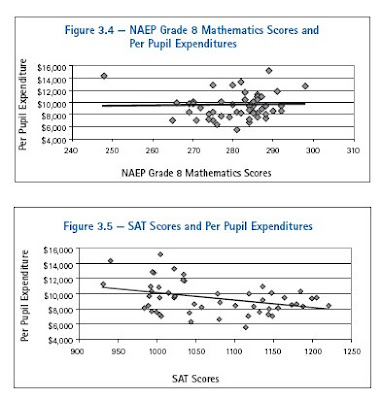The EXTENDED early-bird registration for the next National Floriculture Forum on March 10-11, 2011 in Dallas, Texas ends today!
The registration link is on the main NFF website, but you can go directly to the registration page for the meeting by going to https://agrilifevents.tamu.edu/events/details.cfm?id=679. After today, the registration fee increases to $150.
Information regarding the host hotel (Omni Dallas Park West Hotel) is also included on the registration page (click here). The hotel cutoff date is next Wednesday, February 16, 2011 but it is recommended that you register and secure your hotel room NOW to assist us in the planning efforts and to ensure that you obtain a space in the room block!
Please register as soon as possible because the sooner you register, the easier it is in terms of scheduling buses, meals, etc. so please do this next week if possible!
For the agenda and other meeting details, please refer to the meeting website at http://ellisonchair.tamu.edu/2011nff/. Many thanks and we look forward to seeing you at the NFF next month!
Charlie Hall and Terri Starman
Texas A&M University
Co-Hosts of the 2011 National Floriculture Forum

